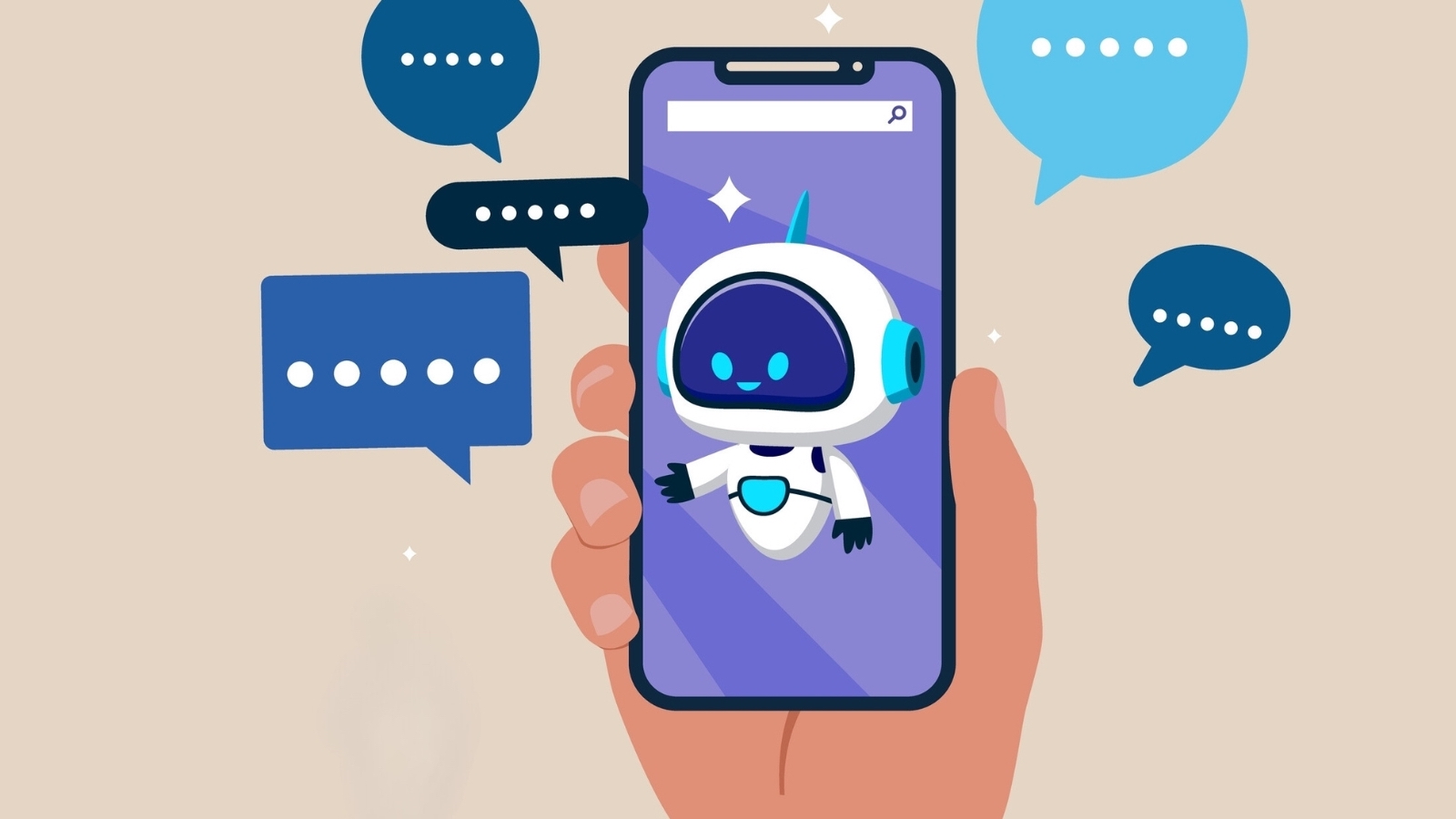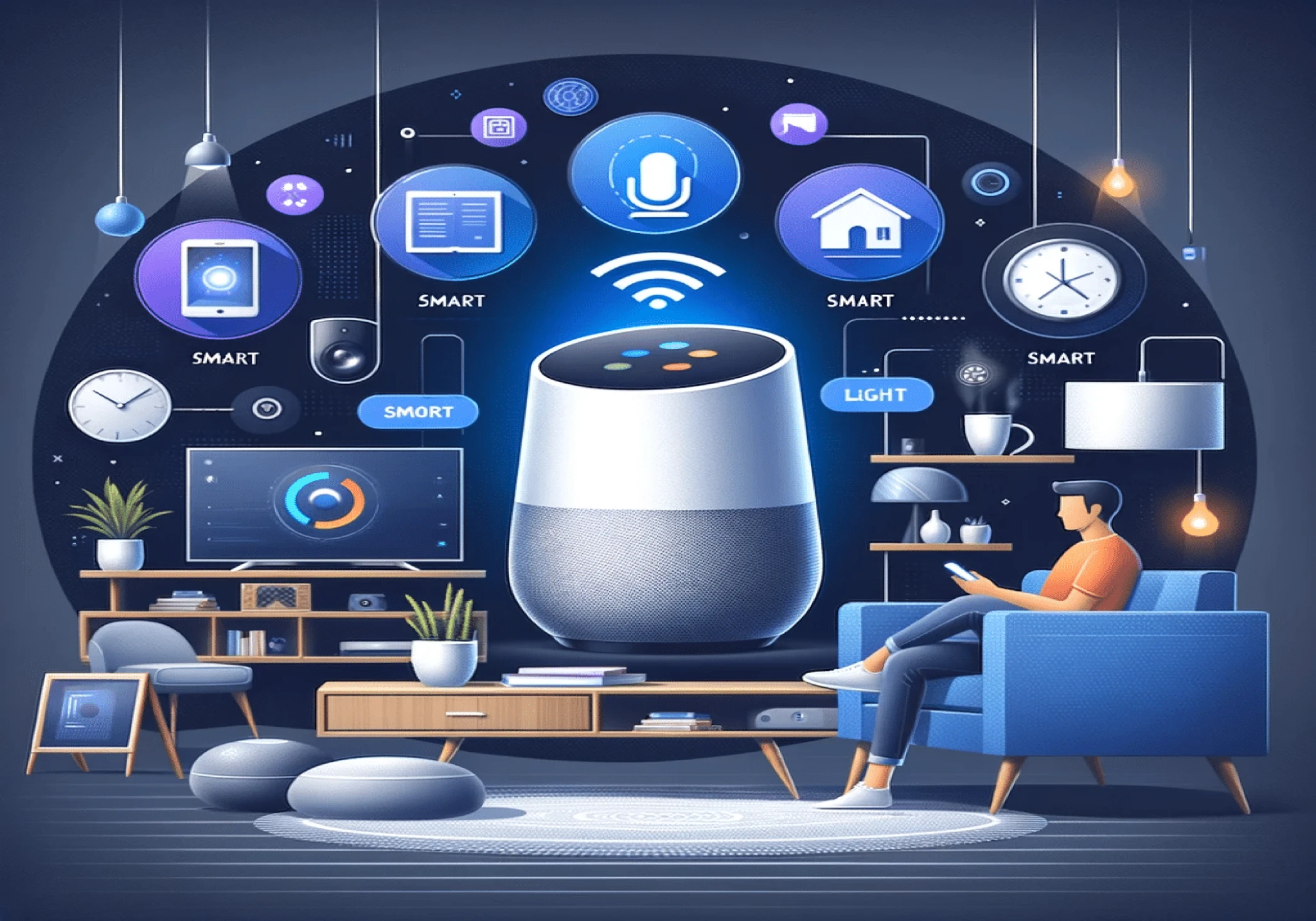AI in 2025: Numbers, Stories & Our Human Future
- Published On

The Human Face of AI in 2025
You know that tingle when your morning coffee kicks in? That's how I feel watching AI evolve—equal parts exhilaration and nervous anticipation. Let's talk about 2025's projections not as cold statistics, but as chapters in our collective future diary.
The Silent Revolution in Your Pocket

Your smartphone will soon carry more brainpower than a 1990s supercomputer. By 2025, 75% of us will casually interact with AI assistants that don't just answer questions—they anticipate needs like a thoughtful friend. Picture this: Your device notices your tired sigh during a work call and quietly orders your favorite matcha latte. Creepy? Comforting? Honestly, I'm still deciding.
Job Market Tango: Humans & Algorithms

Here's what keeps me awake at 3 AM: 40 million jobs transformed by AI. But wait—before you panic—imagine warehouse workers trading back braces for VR headsets, guiding robot teams through augmented reality interfaces. My cousin in logistics jokes he's becoming a "robot whisperer," troubleshooting machines that occasionally throw toddler-esque tantrums when sensors get dusty.
The Creativity Paradox

When I first saw AI generate a sunset painting that made my eyes water, something shifted. By 2025, 30% of marketing content will spring from silicon minds. Yet at last month's poetry slam, the winning piece blended human verses with AI-generated stanzas. The audience couldn't tell where ink ended and algorithms began—and maybe that's the point.
Ethics: The Elephant in the Server Room

Let's get real over coffee. For every dazzling AI breakthrough, there's a shadow: 85% of citizens worry about deepfake deception. I still shudder remembering that fake video of "me" endorsing crypto scams. How do we nurture this digital genie without losing ourselves? The answer might lie in grandma's wisdom—"Trust, but verify."
Daily Life: The Invisible Wave

- Your fridge becomes a nutritionist that nags about kale intake (but lets cheat days slide)
- Traffic lights evolve into social mediators, adjusting patterns for ambulance routes and pedestrians' late-night pizza cravings
- Dating apps morph into relationship gardeners, suggesting when to water connections or prune toxic matches
The magic happens when tech stops feeling "techy." Last Tuesday, my AI co-pilot detected my migraine before I did, dimming lights and playing rainforest sounds. For a moment, I swore it understood the ache behind my eyes.
Our Crossroads Moment
Here's the raw truth no report states: We're not just adopting AI—we're learning to dream in binary and breathe in algorithms. Will we become conductors orchestrating silicon symphonies? Or audience members in our own evolution?
The numbers whisper possibilities, but humanity writes the story. When your future self looks back at 2025, what chapter will you have authored?
Rich Media Element
Table: Key AI Projections by 2025
| Category | Projection |
|---|---|
| Smartphone AI | 75% interaction with AI assistants |
| Job Market | 40 million jobs transformed |
| Marketing Content | 30% AI-generated content |
| Ethics and Deepfakes | 85% concern about deepfake deception |
| Daily Life Enhancements | AI integrations in home appliances and city systems |
These projections provide a glimpse into how pervasive and transformative AI technology is becoming, potentially impacting our daily lives, the job market, creativity, and ethical considerations by 2025.
Frequently Asked Questions
1.What are Related Searches?
Related searches are queries suggested by search engines that are similar or relevant to the keyword used in the initial search. These results typically appear at the bottom of the search engine results page (SERP) and help users refine or specify their search queries further.
2.How to use Related Searches for SEO Purposes?
Related searches can be a valuable tool for SEO as they provide additional relevant keywords that can help expand content topics, improve keyword targeting, and increase content visibility. By incorporating related search terms, websites can better align with user search behavior and enhance their search engine rankings.
3.Examples of Related Searches in Practice
When a user searches for a term like "budget travel South America," related searches may suggest queries such as "cheapest way to travel to South America," or "backpacking South America guide." These suggestions help refine the search and point users to related topics of interest.
4.Benefits of Using Related Searches
Incorporating related searches into your SEO strategy can help in various ways: - **User Intent Understanding**: Helps in understanding what potential customers are searching for, thereby improving content alignment. - **Keyword Expansion**: Offers additional keywords that might not have been initially considered but are highly relevant. - **Enhanced User Engagement**: Provides more accurate and relevant information, keeping users engaged on your website for longer. - **Higher Search Rankings**: Improved keyword targeting can lead to better overall SEO performance and higher SERP rankings.